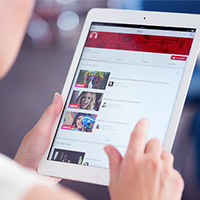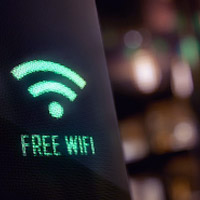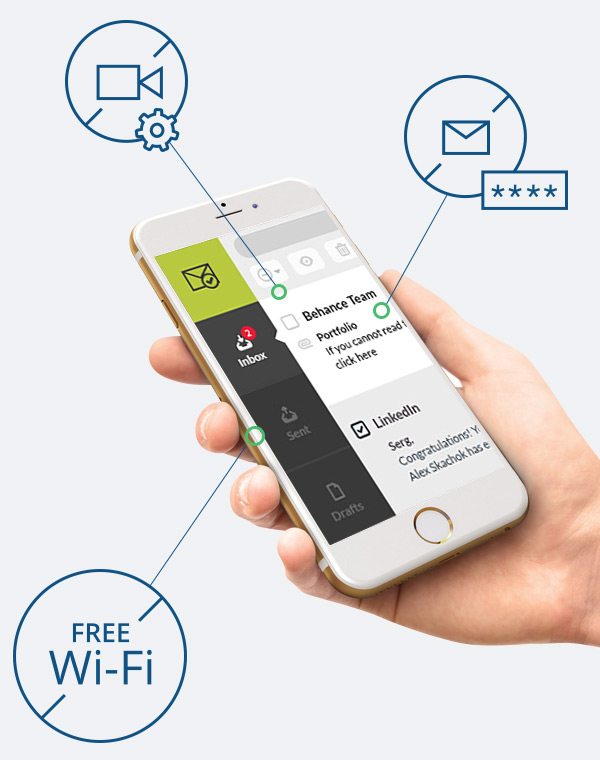SECURITY
SECURITY RULES
Using modern technological means, the Bank reliably protects its UBB Online site against pending information security threats in the Internet. For maximum protection purposes, clients need to observe the rules below and apply certain measures that are thoroughly within their control.
Personal Computer Protection
- Please, install the recent operating system updates, published by the manufacturer.
- You should protect your computer with antivirus, anti-spyware and anti-malware programs, as well as update them on a regular basis and scan your PC with those.
- We recommend that the computer you use for online banking should be connected to the Internet through an additional network device with firewall protection functionalities.
System Access and
Secure Operation
- Please, keep your username and password at a safe place and do not disclose them to anyone. Do not write them down on paper, nor in a file or on any other storage medium.
- You should use a password consisting of uppercase and lowercase letters in combination with digits and of length not shorter than 6 characters. Please, change your login password regularly, at least once a month, from the Profile>> Change password menu
- Please, enter your username and password only in the online banking page at the following address: https://ebb.ubb.bg
Shielding against malicious software and measures for personal data protection

- You should never open directly a link to a web page, sent via e-mail. If, however, you still wish to open this page, the path should be directly typed in the address bar of your web browser. You should proceed in this manner since it is not clear what's behind the link in the message, while typing the path directly in the browser bar will open the genuine page.

- Some sites, displaying videos with misleading content, claim the need of installing additional files to enable content visualization. You should never install such additional files.

- Please, do not connect to Wi-Fi networks non-requiring access passwords. There are similar networks, designed especially for the purpose of phishing sensitive data during the connection process.
Symptoms of a computer "infected" with malicious software
- The computer is running unusually slow, often restarts or is non-responding.
- The start of an antivirus program, a malicious software scanner fails or some of the system tools, including Task Manager, cannot be loaded.
- You cannot open particular web pages. Especially, you cannot open web pages, related to computer security, such as Windows Update site.



